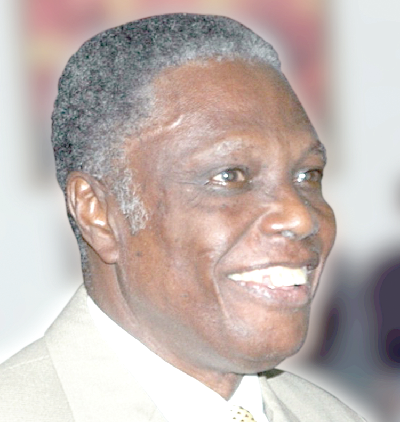Lecturer advocates ‘private member’s bill’
 Emeritus Professor Kwame Gyekye, Fellow of the Ghana Academy of Arts and Sciences, has advocated a new notion of private member’s bill in Parliament from citizens and not from the government.
Emeritus Professor Kwame Gyekye, Fellow of the Ghana Academy of Arts and Sciences, has advocated a new notion of private member’s bill in Parliament from citizens and not from the government.
Advertisement
According to him, such bill would give a voice to ordinary citizens in matters of governance.
“Legislative proposals do not have to come from the Legislature and the Executive all the time. Some of them must come from the citizens,” he said.
Prof. Kwame Gyekye stated this at an annual lecture of the Ghana Academy of Arts and Sciences in Accra last Tuesday.
‘We the people’
Speaking on the topic, “The Constitutional Phrase – ‘We the People’ – and the Politics of Inclusion”, he posited that although the preambles of the 1992 Ghana Constitution and many countries of the world began with the words, ‘We the people’, the ordinary citizenry were always left out in issues of governance.
He said the three words had implications for the ideal democratic system of politics that would reflect the interests, ideas and opinions of the people.
He described the phrase “We the People” as an indication of ‘inclusive democratic politics’ or ‘inclusive democracy’.
“In this system, the role of the people should not be confined to electing the party that would govern and the representatives of the people who would go to the Parliament and make laws for the nation,” he stated.
“In this system of inclusive politics, the ideas, opinions and perspectives of the people must have a place – must be included in the decisions of the governments that affect their lives; they must, thus, influence the policies and actions of the government,” Prof. Gyekye said.
Discontentment: the result of non-involvement
Expressing concern that the influence of the citizens on government policy was minimal, if it existed at all, Prof. Gyekye said the non-involvement of ordinary citizens in the issues of governance was the “causal background to the discontentment in democracy.”
Prof. Gyekye spoke on the sub topics; democracy, democracy and representation, democracy and inclusion (bipartisanship, consensus politics, participatory democracy), the virtues of the politics of inclusion and “Is the politics of inclusion a mere ideal or utopia?”.
Politics of Inclusion
Prof Gyekye, therefore, advocated the politics of inclusion, representation, consensus and compromise.
He said the politics of inclusion had many virtues such as recognising the worth, equality and political rights of all citizens, including members of the minority in Parliament.
“It evokes in every individual citizen a sense of belonging and of being a member of the political community; it makes self-government fundamentally meaningful and real, and allows for continuity and survival of government measures and projects,” he stated.
By Edmund Smith-Asante/Daily Graphic/Ghana
Writers email: [email protected]




